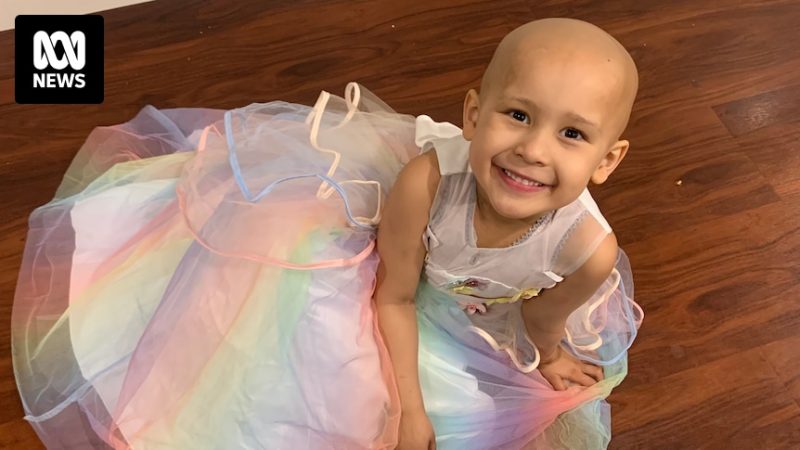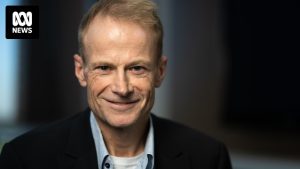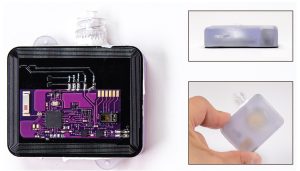Personalised treatments offering new hope for incurable childhood cancers

A world-first Australian study has found personalised cancer treatments using genome sequencing are achieving remission in cases considered unlikely to be cured.
When the Zero Childhood Cancer program started using the sequencing method to take a closer look at cancers, it took a year to map them. But now it takes roughly two weeks and that can be life-changing.
It certainly was for Canberra eight-year-old and program participant Ka’ili Giteau, who was diagnosed with stage four cancer in 2019.
She relapsed after treatment and then started personalised treatment.
“We signed up because, as a parent, you just want to get to that finish line and hit remission and we were saying yes to anything that could give us that success,” Ka’ili’s mother Kristy Giteau said.
Her daughter has now been in remission for three years, and Ms Giteau said her family was extremely grateful for this new era of medicine.
“She’s a spunky eight-year-old girl who loves every type of sport … and now the hairstyle is the biggest headache we have, which is a beautiful headache to have,” she said.
In a study published in the journal Nature Medicine, researchers found 55 per cent of the 384 children in the program who were observed achieved complete or partial remission.
The study looked at the patients over an average of three years.
These children often had aggressive cancers that had not responded to standard treatment, such as chemotherapy.
‘A new era in treatment’
As part of the program run by the Children’s Cancer Institute and Kid’s Cancer Centre at Sydney Children’s Hospital, clinicians use genome sequencing to look at what’s driving the cancer.
The study’s lead author Professor David Ziegler said these results were significant.
“So instead of treating each cancer just based on the organ it came from or what it looks like down the microscope, we are looking right in depth at the genes within that tumour and we might find a gene that is found in adult melanoma and which we would then be able to take and treat a child with a different kind of cancer, but the same genetic driver,” Professor Ziegler said.
The study also found the two-year progression-free survival rate was more than double that of children getting standard treatment.
Professor Ziegler said he would agree the research opened the door to a world where all childhood cancer could be cured.
“There’s a lot more work to do in the future to further improve this, but we really are entering this new era in treatment with children with cancer,” he said.
This precision medicine, which the research states is a world first, has been made available to all Australians aged 18 and under who have been diagnosed with cancer.
Posted , updated








